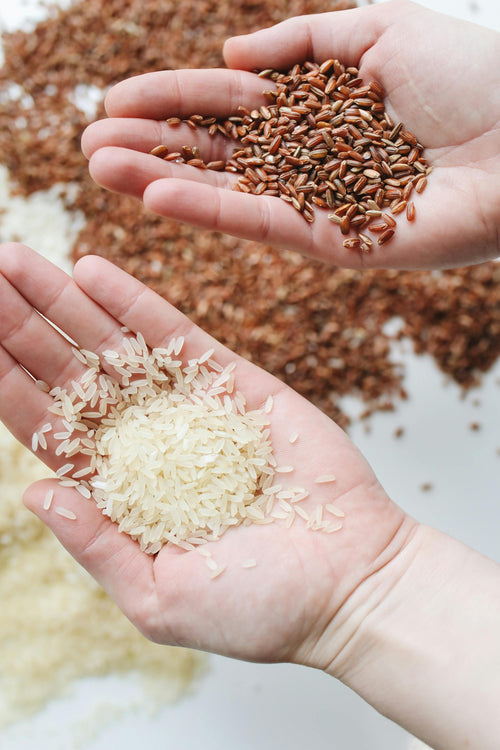What to remember:
- Choline is an essential nutrient for the body
- Thanks to its different metabolic pathways, it has a hepatoprotective action.
- It also plays a major role in lipid metabolism.
- It is important to respect the recommended daily doses to avoid any digestive discomfort.
- Choline is part of the formulation of our Easy Digestion supplement.
What is Choline?
Choline is an essential nutrient for the body. It is an insoluble organic compound that is a component of cell membranes and is a precursor to many other molecules such as phosphatidylcholine or acetylcholine, which is a neurotransmitter. Previously, it belonged to the B vitamin family.
It can be synthesized chemically, but it is more commonly found in food. Indeed, certain foods contain varying amounts of choline. Egg yolk is the most abundant food, followed by liver and, more generally, meat and fish. Oilseeds also contain it, but to a lesser extent.
Choline plays a role in the transport of lipids, that is, absorbed fats, and has hepatoprotective properties .
The benefits and virtues of Choline
Choline has many benefits for the liver and fat metabolism.
Choline and liver-protective properties
The liver is one of the first organs to take in choline absorbed from the intestine. Indeed, many uses of this choline occur in this organ. For example, the production of phosphatidylcholine obtained after methylation of choline takes place in the liver. It is also the site of many methylation reactions (addition of a methyl compound to a molecule). Thanks to choline, the liver more easily recovers the methyl groups that will be used for these methylation reactions, supporting liver cells and limiting liver disorders.
Numerous studies have shown that a diet rich in choline is associated with a lower risk of developing liver disease.
Choline and fat metabolism
A good intake or supplementation of choline helps promote the proper development of molecules such as phosphatidylcholine, which is essential for the formation of fat transporters in the body. In fact, proper functioning of these transporters leads to better utilization of lipids.
Indications and dosage of Choline
Choline is usually taken in the form of capsules, tablets, or liquid. It is contraindicated in people suffering from liver disease, depression, or Parkinson's disease. The EFSA (European Food Safety Authority) recommends the following daily intake of choline for effective use:
- 400 mg for adults and adolescents
- 140 to 340 mg for children 1 to 14 years old
- 160 mg for infants 7 to 11 months
- 480 mg for pregnant women
- 520 mg for breastfeeding women.
In high doses, choline supplementation can cause many digestive problems such as nausea, diarrhea and even vomiting.
Sources :
[1] Zeisel, SH, & da Costa, KA (2009). Choline: an essential nutrient for public health. Nutrition reviews, 67(11), 615–623. https://doi.org/10.1111/j.1753-4887.2009.00246.x
[2] Mehedint, MG, & Zeisel, SH (2013). Choline's role in maintaining liver function: new evidence for epigenetic mechanisms. Current opinion in clinical nutrition and metabolic care, 16(3), 339–345. https://doi.org/10.1097/MCO.0b013e3283600d46
[3] Meyer, K.A., & Shea, J.W. (2017). Dietary Choline and Betaine and Risk of CVD: A Systematic Review and Meta-Analysis of Prospective Studies. Nutrients, 9(7), 711. https://doi.org/10.3390/nu9070711












